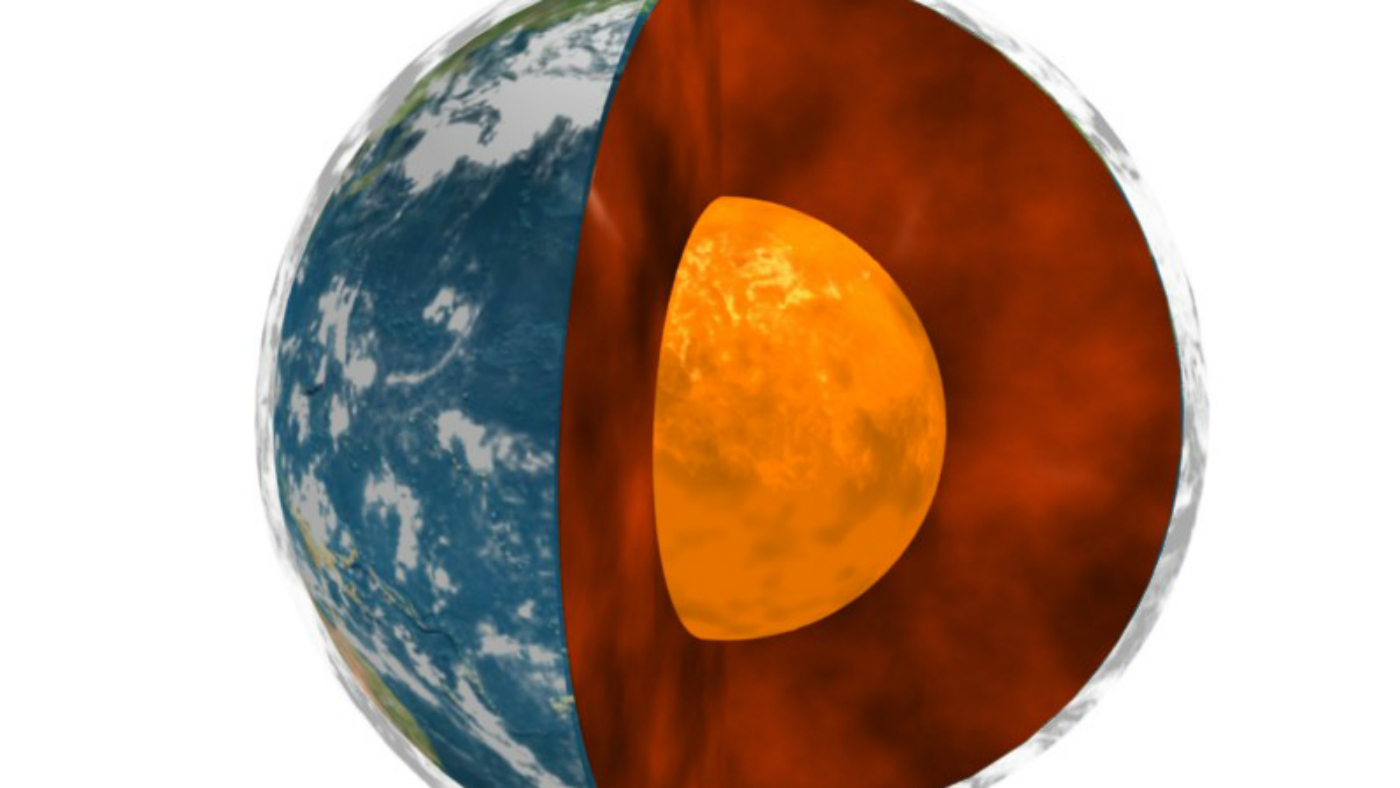Have scientists cracked the mystery of the Earth's core?
Researchers replicate intense pressure and heat at planet's heart to answer decades-old puzzle

A free daily email with the biggest news stories of the day – and the best features from TheWeek.com
You are now subscribed
Your newsletter sign-up was successful
Japanese scientists believe they have identified a mystery element that makes up part of the Earth's core.
The ball at the centre of our planet is composed primarily of iron and nickel, which together account for 95 per cent of its mass. What makes up the remaining five per cent has been a puzzle for decades.
However, after decades of searching, researchers at the University of Tohoku think they have the answer for some of it.
The Week
Escape your echo chamber. Get the facts behind the news, plus analysis from multiple perspectives.

Sign up for The Week's Free Newsletters
From our morning news briefing to a weekly Good News Newsletter, get the best of The Week delivered directly to your inbox.
From our morning news briefing to a weekly Good News Newsletter, get the best of The Week delivered directly to your inbox.
Lead scientist Professor Eiji Ohtani told the BBC: "We believe that silicon is a major element - about five per cent by weight could be silicon dissolved into the iron-nickel alloys."
Researchers recreated the intense pressures and 5400C heat found at the centre of the Earth on a mixture of iron, nickel and silicon. The resulting data matched observations of seismic activity near the Earth's core.
Understanding the exact composition of the centre of the planet could unlock valuable insights into how the Earth was formed. However, the core's inaccessible depth makes direct investigation impossible.
"The deepest oil well penetrates a mere six miles into the crust," National Geographic says. "The centre of the Earth is about 4,000 miles deeper."
A free daily email with the biggest news stories of the day – and the best features from TheWeek.com
Observing seismic waves has been the primary method of investigating the nature of the core since 1936, when Danish scientist Inge Lehmann first detected them emanating from near the centre of the Earth.
Researchers have since come to the conclusion the core is a 1,500mile-wide solid ball of iron and nickel, with at least one lighter element, such as silicon or oxygen. Ohtani said his team's research did not rule out the presence of oxygen or other elements also being present.
Professor Simon Redfern, from the University of Cambridge, told the BBC the experiments could provide a "window into what Earth's interior was like soon after it first formed, 4.5 billion years ago, when the core first started to separate from the rocky parts of Earth".